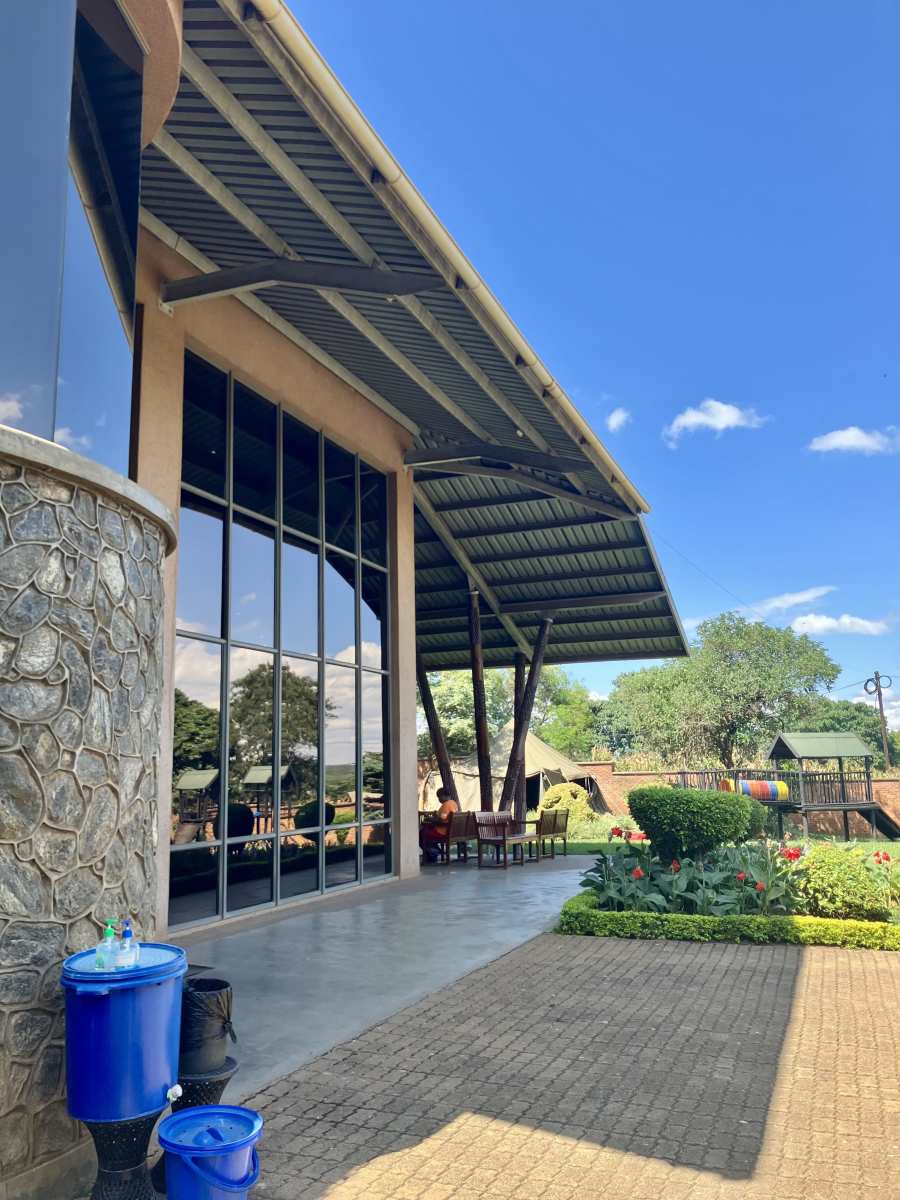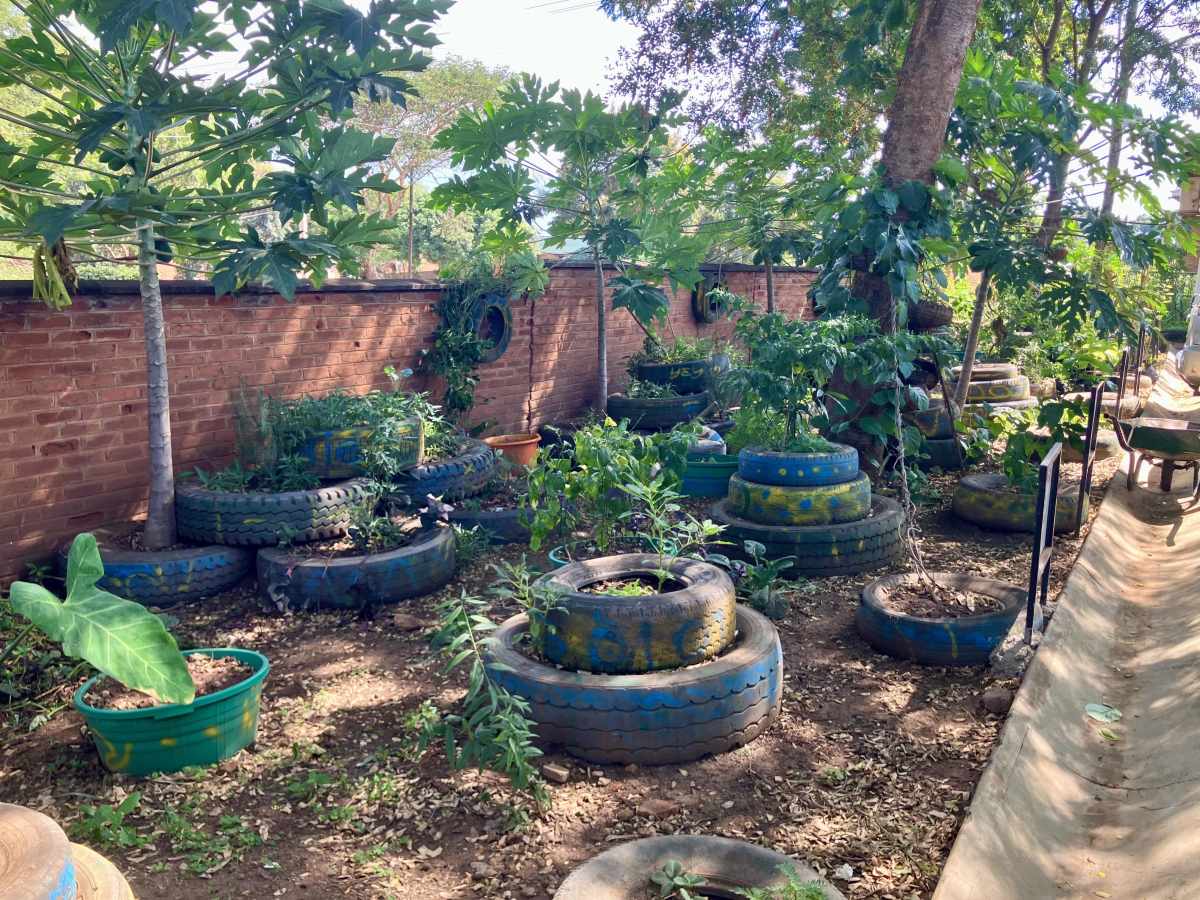In March 2025, I hope to participate in a month-long Internal Medicine elective in Lilongwe, Malawi, through the Baylor International Pediatric AIDS Initiative. If granted this opportunity, I will focus on clinical work at Kamuzu Central Hospital to address critical physician shortages and engage in bidirectional learning. Additionally, I will conduct research at the Fistula Care Centre, exploring the intersection of schistosomiasis and fistulas.
This research will assess the prevalence of schistosomiasis through urine and blood testing and examine its role in the development of fistulas, with the potential to explore connections to HPV and cervical cancer. By identifying these associations, the project aims to bring attention to the significant burden of schistosomiasis in Malawi, inform public health interventions, and improve screening and treatment at the Fistula Care Centre.
This project targets women receiving care at the Fistula Care Centre in urban Lilongwe and nearby rural areas, where schistosomiasis remains a major public health challenge. In Malawi, 40–50% of the population is at risk, with female genital schistosomiasis causing pain, infertility, pregnancy complications, and social stigma. Presumptive treatment could offer an impactful and cost-effective strategy to alleviate these burdens and improve well-being.
I am passionate about this work because neglected tropical diseases are often overlooked in women’s health. I am particularly interested in the intersection of infectious disease and cancer, and this project offers an opportunity to address a highly prevalent infection and explore its connection to morbid, chronic conditions such as cervical cancer. As a Med-Peds resident, I value caring for diverse patient populations and collaborating across disciplines. Working with OB-GYN providers and surgeons will allow me to become a more effective inter-specialty collaborator and enhance my ability to address women’s health comprehensively.
This project has two primary objectives:
1. Advance research on the relationship between schistosomiasis and fistulas to inform public health interventions.
2. Provide clinical support and engage in bidirectional training at Kamuzu Central Hospital and the Fistula Care Centre.
The research aims to determine the prevalence of schistosomiasis among patients at the Fistula Care Centre. If a strong correlation is identified, this work could be elevated to hospital leadership, clinics, or NGOs such as Partners in Health, or even international organizations like the United Nations, as a strategic priority for intervention.
Personally, I hope to build lasting collaborations with the healthcare team at the Fistula Care Centre and carry these experiences forward as I pursue a career focused on global health equity. After residency, I plan to join a medical program that will allow me to develop continuity with a community abroad. With connections to Baylor and Partners in Health in Malawi, this project presents an ideal opportunity to lay the foundation for nurturing a potential project I can carry on in my career after residency.


















During my trip, I had the opportunity to work closely with both pediatric and adult patients living with HIV. Much of my time was dedicated to supporting antiretroviral therapy management and addressing the psychosocial barriers that often complicate adherence and continuity of care. I also helped identify and treat opportunistic infections, which were both common and clinically challenging. This patient population became the central focus of my clinical work during my stay.
Because the local clinical team was primarily composed of pediatricians, I hope that my background as a Med-Peds physician—particularly my internal medicine training—was a valuable complement in caring for the many adult patients. I also aimed to contribute by sharing knowledge around adult infectious disease management, and I found the exchange of ideas and experiences with the team to be deeply rewarding.
In addition, while exploring cases of schistosomiasis and fistulas, I spent time with patients and providers learning about the profound health and social impact that fistulas have on women in Malawi. These conversations and clinical experiences deepened my understanding of the intersection between infectious disease, structural health inequities, and gender-based health disparities.
I hope to carry forward what I’ve learned—both in HIV care and women’s health—to better serve my patients in Houston, Denver, and other communities that rely on safety-net hospitals. This experience reaffirmed my commitment to using my training to advocate for and care alongside underserved populations, both locally and globally.